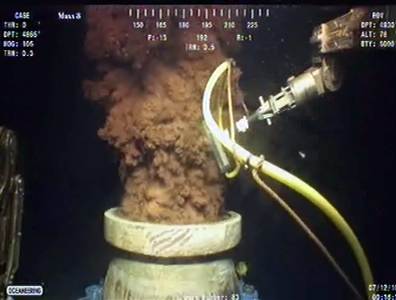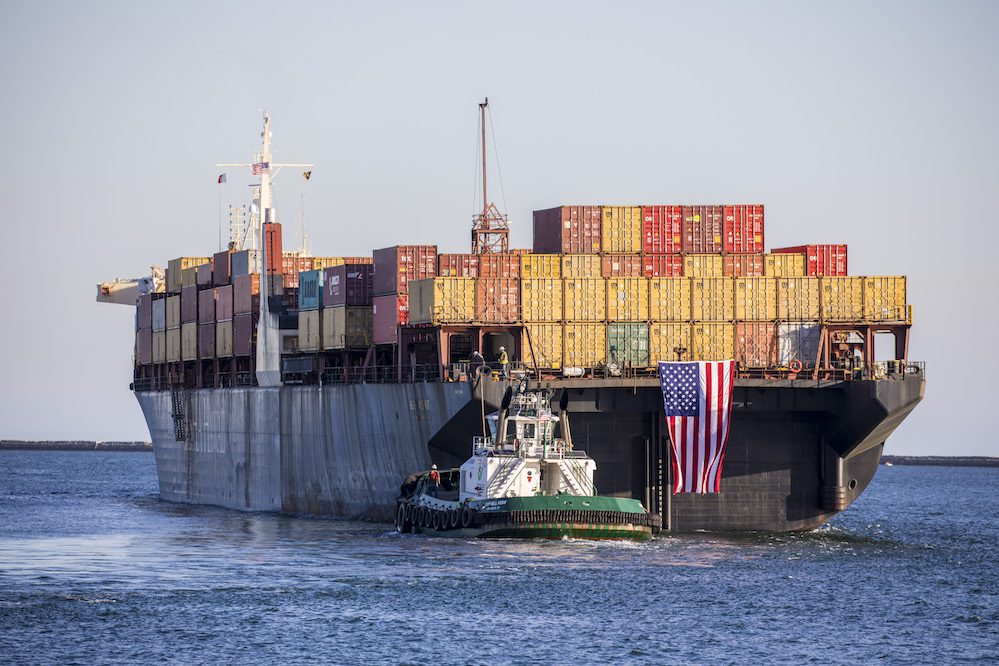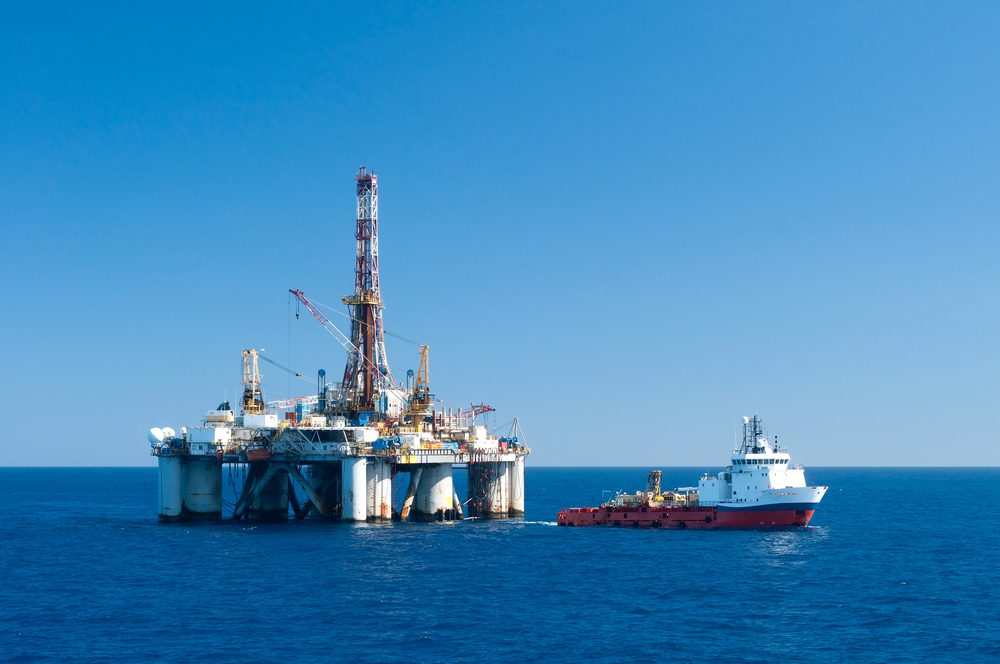
BP Plc is seeking a reduction of as much as $3.4 billion in the fine it may have to pay for pollution caused by the 2010 Gulf of Mexico oil spill.
The company wants credit for collecting at least 800,000 barrels of spilled oil, according to a court filing. London- based BP is facing a maximum fine of more than $20 billion, depending on how much the company is fined per barrel spilled. The request came as a federal judge in New Orleans approved the medical-benefits portion of a proposed $7.8 billion partial settlement of spill-related claims.
About 4.9 million barrels gushed from BP’s Macondo well off the Louisiana coast, which blew out in April 2010, according to the government. The company and the government agree that BP captured directly from the wellhead at least 810,000 barrels of that oil, which was piped to the surface and shipped to shore or burned off by flares, according to BP’s filing yesterday in federal court in New Orleans.
“The oil that BP successfully captured from the Macondo reservoir without it entering the Gulf of Mexico waters should not be considered in the court’s future determination of Clean Water Act civil penalties,” Scott Dean, a BP spokesman, said in an e-mailed statement. “BP therefore seeks to narrow the issues in dispute by showing that whatever the final number of barrels released from the reservoir is proven to be, BP should not be liable for civil penalties for at least 810,000 barrels of captured oil.”
Clean Water
Under the U.S. Clean Water Act, polluters face a penalty ranging from $1,100 to $4,300 per barrel of oil spilled, depending on a variety of factors including whether the polluter acted in a grossly negligent or reckless manner in causing the spill.
Wyn Hornbuckle, a spokesman for the Justice Department, declined to comment on BP’s request yesterday.
U.S. District Judge Carl Barbier in New Orleans has scheduled a non-jury trial to begin Feb. 25 to determine liability for the spill. Barbier will hold a separate bench trial, presently set to begin in August, to determine the volume of the spill and evaluate the company’s efforts to stop it.
The U.S. sued BP and Anadarko Petroleum Corp., as co-owners of the blown well, and Transocean Ltd., owner of the Deepwater Horizon rig that drilled the well, for civil pollution fines, spill cleanup costs and natural resources damages.
BP has repeatedly denied it acted with gross negligence, which could trigger the maximum range of the pollution fine. In November, the company reached a settlement with the U.S. Justice Department of all criminal charges stemming from the spill. That plea deal included a $4 billion criminal penalty and a related $525 million settlement with U.S. securities regulators over BP’s misrepresentation of the size of the spill.
Transocean Settlement
This month, Transocean reached a $1.4 billion settlement with the U.S. government over allegations tied to the spill. As part of the settlement, Transocean agreed to plead guilty to one misdemeanor count of violating the Clean Water Act and pay $400 million in criminal penalties.
The blowout and explosion aboard the Deepwater Horizon killed 11 workers. The accident prompted hundreds of lawsuits against BP; Vernier, Switzerland-based Transocean; and Houston- based Halliburton Co., which provided cementing services.
Private Claims
The proposed partial settlement of private claims was reached March 2, days before a trial on liability for the spill was set to begin. While BP estimates the accord to be worth at least $7.8 billion, it doesn’t have a cap on potential settlement claims.
The medical benefits portion of that settlement resolves the claims of clean-up workers and residents of certain Gulf Coast beachfront and wetlands areas who contend they sustained personal injuries related to exposure to oil spilled or to chemical dispersants used during the clean-up efforts, according to court papers.
The agreement provides for medical monitoring of possible effects from the exposure, as well as “preservation of class members’ rights to sue BP for compensatory damages for physical conditions that manifest at a later date,” the company said in an Aug. 13 filing seeking approval of the pact.
Without the settlement, “plaintiffs face significant further expenses in time, money, and resources — with no assurance of recovery,” Barbier wrote in his 91-page decision approving the deal.
State Lawsuits
Barbier previously approved the economic loss and property damage portion of the settlement, which resolved most private plaintiffs’ claims. The settlement doesn’t cover suits brought by the U.S. government and the states of Alabama and Louisiana.
“We believe that this settlement and the economic loss and property damage settlement, approved on Dec. 21, 2012, are good for the people, businesses and communities of the Gulf and are in the best interests of BP’s stakeholders,” Geoff Morrell, a spokesman for BP, said in an e-mailed statement.
Stephen Herman and James Roy, two of the lead lawyers representing oil-spill claimants, said they were pleased with the court’s ruling.
“Clean-up workers, coastal residents — and the Gulf Coast region at-large will benefit greatly from the myriad programs offered by the medical benefits settlement,” they said in an e- mailed statement.
The case is In Re: Oil Spill by the Oil Rig Deepwater Horizon in the Gulf of Mexico on April 20, 2010, MDL-2179, U.S. District Court, Eastern District of Louisiana (New Orleans).
– Laurel Brubaker Calkins, Margaret Cronin Fisk and Jef Feeley, Copyright 2013 Bloomberg.

 Join The Club
Join The Club











